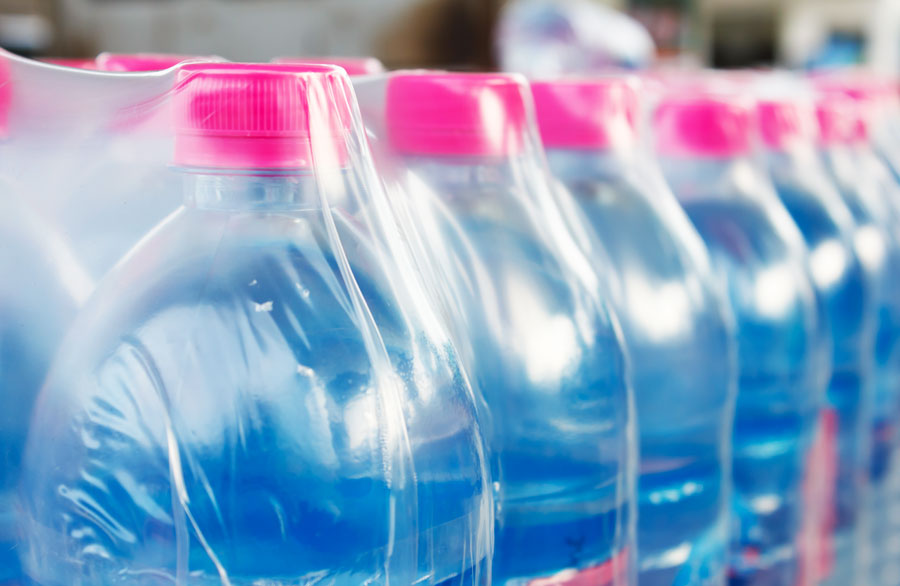
Plastic pollution has become a global threat, affecting every aspect of our environment. As talks intensify in Busan, South Korea, to establish an international treaty, The Tribune decided to take stock of the competing perspectives. On the one hand, countries are asking for strict measures to reduce production and encourage recycling; on the other, oil-producing nations seek to limit the treaty to waste management.
“We have to end plastic pollution, before plastic pollution ends humanity.”
The fifth and final round of negotiations on a global treaty against plastic pollution took place from Monday in Busan, South Korea. Main problem: for countries to agree on the limitation of plastic production. But two camps are opposite. Read the article
“The text is not perfect, but it can be a good basis if others have the same opinion.”
On Friday, two days before the end of the negotiations, a summary text was sent. Try to bring together the very distant positions of more than 170 countries. It is recommended to reduce the volume of plastic production. Read the article
“Polymers made from waste, spent beer, grains or proteins.”
What are the innovations today in alternative plastics, such as biopolymers. Although promising, these solutions meet a lot obstacles. Read our survey
“Using recycled plastic is not a solution, it’s even worse.”
Rosalie Mannfounder of the NGO No More Plastic, warns of the “false good idea” of the anti-pollution treaty and pleads for a taxation that will concern producers and consumers. Read our interview
“Once again, Europe shows naive liberalism.”
While the negotiations on the treaty against plastic pollution are slipping in Busan, another game is being played in France where the American Eastman and French Suez put their projects on hold of chemical recycling plants due to regulatory uncertainties. Read our survey
” Not all plastics should be eliminated, and going plastic-free does not necessarily mean finding a replacement material. »
More and more of care companies of the impact of plastic from their activities. But researchers show that the method most used to measure the impacts of plastic has flaws that distort their choices. Read our article
